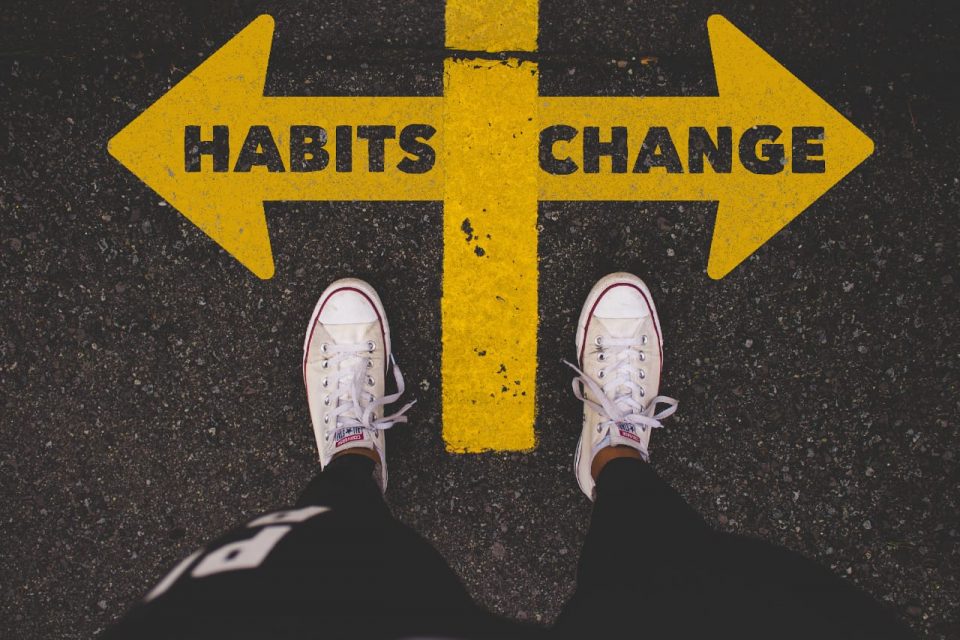by Diane Dreher Ph.D.
5 steps to eliminate unproductive habits & flourish in the new year.
KEY POINTS
- Progress toward our goals can be undermined by unproductive habits.
- When we become more aware of our habits, we can start changing them.
- Eliminating unproductive habits can lead to personal growth.
Each year, many of us make New Year’s resolutions, aiming to be healthier, happier, and more successful in the year ahead. But too often, after a few weeks, we lose momentum.
Our progress may be blocked by unproductive habits that sabotage us. According to neuroscience research, our habits automatically control many of our actions without our conscious thought (Graybiel & Smith, K.S., 2014; Robbins & Costa, 2017). Exerting a powerful influence on us, these habits unconsciously shape the structure of our lives. Research has shown that nearly 50 percent of our everyday behaviors are habitual (Wood, Quinn, & Kashy, 2002).
When we set a new goal, some of these unproductive habits can hold us back. As we try to move forward, it’s like driving with the parking brake on. But psychologists have found that we can begin changing our habits with the process of “self-regulation”.
Before setting new goals for the year ahead, take time to reflect on your life with these five steps. You may discover an old habit that has been blocking your progress. Identifying and eliminating this roadblock can release new energy to move forward.

1. Personal inventory
This week, at the end of each day, ask yourself how much time you spent in each of these categories:
- Eating
- Sleeping
- Exercising
- Meaningful work
- Spiritual growth
- Renewal activities (recreation, reading, creativity, fun)
- Sharing with friends
- Routine maintenance
- Social service
- Other
2. Examine the patterns that emerge.
Do your daily activities reflect your personal values? Is your life balanced in a way that works for you? Do you make enough time for exercise, renewal, and spirituality or are you too bogged down with maintenance and daily chores?
3. Carefully examine the last category: Other.
What else have you been doing? Have you noticed habits that may not be serving you well?
- Have you been spending too many hours on television, YouTube videos, or social media? If so, awareness is the first step to positive change. Ask yourself how you can cut down on these behaviors.
- Have your days been filled with “shoulds” and external demands? If so, what can you delegate, eliminate, or simplify?
4. Ask yourself, “Is there anything missing from my life?”
Perhaps time for personal renewal or something else you value. Can you make room for this by scaling down your involvement in other areas?
5. Finally, when contemplating future choices or commitments, ask yourself:
- Is it necessary?
- Is it healthy?
- Does it express who I really am?
If it doesn’t fit these criteria, why do it? Research shows that having positive personal goals can help us flourish (Emmons, 2003).
Living authentically means taking personal responsibility for the structure of our lives. Think of yourself as an architect designing your life. What changes will help you live with greater balance? With these new insights, you can design new patterns for your life and set goals to live more authentically in the year ahead.
This post is for informational purposes and should not substitute for psychotherapy with a qualified professional.
